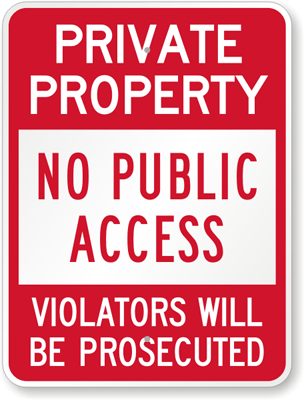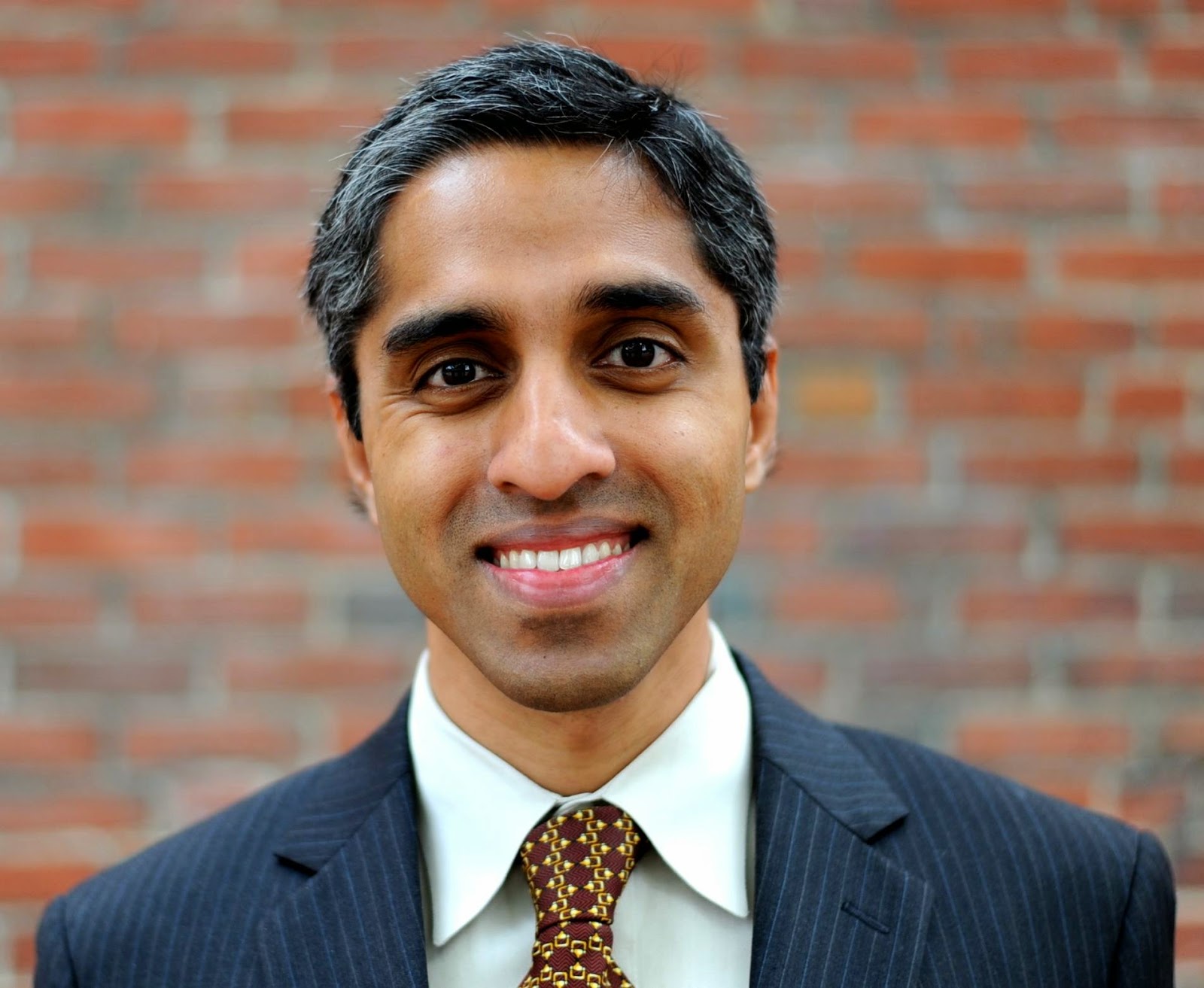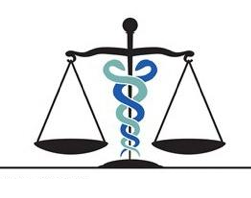
The MMSE saga has attracted great attention here on GeriPal and elsewhere since the breakthrough NEJM article of Newman and Feldman.
As readers Eric Widera’s previous posts (here and here) know, the MMSE was one of the most widely used tests in medicine. It was a brief, easy to use screen to identify older persons with cognitive impairment. A generation of students learned to assess using cognitive function with the MMSE, and the MMSE was reproduced in textbooks worldwide.
But after allowing widespread use of the MMSE for decades, the developers enforced their copyright. The MMSE disappeared. A tool that was used to improve the care of older patients became unavailable. Medical progress went into reverse. Patient care suffered. We directly saw this negative impact on patient care at our VA hospital. The MMSE, which was available to all clinicians via our electronic medical record, disappeared. It became much much harder to offer cognitive testing to our patients.
Even worse, when a group of investigators at Harvard developed the Sweet16, an alternative to the MMSE that was easier to use and equally accurate, and offered it to the public free of charge, the enforcers of the MMSE copyright blocked access to the Sweet16. Again, medical progress was halted, and our patients were harmed.
Much of the discussion about the MMSE has focused on the legal rights of the MMSE developers and PAR, the company enforcing the copyright. Some blogs by legal scholars have suggested the copyright claims may not be solid, and the legal justication for squelching the Sweet16 may be questionable. For example, as Eric notes, virtually all the items in the MMSE were available long before the development of the MMSE.
But what if the MMSE copyright claims and the squelching of the Sweet16 are legally sound? What if every action was justifiable under copyright law? Should this impact how we judge the actions taken in this case?
Just because an act is legally defensible does not make it ethically or morally defensible. And the actions taken here are an affront to the values that guide medicine and scientific research.
Academic physicians have a particular obligation to advance and improve the practice of medicine. Most certainly, we have an obligation to not take any actions that will move the practice of medicine in a backward direction and be harmful to our patients.
The fame and accolades the developers of the MMSE accrued were well earned because this test proved to be a major advance in the practice of medicine. It brought accessible bedside methods of cognitive assessment to scores of clinicians. This greatly improved patient care. But the act of purging the MMSE from textbooks and websites harmed the practice of medicine, and did so in a way that is harmful to patients.
It may well be true from a legal perspective that there is a right to enforce a copyright on a clinical instrument after allowing the instrument to be used in clinical practice for decades. Perhaps from the point of view of copyright law, it is completely irrelevant whether one allows and encourages a tool to enter clinical practice.
But as academic researchers with responsibilities to improve care, it is hard to imagine an ethical justification for this action. Of note, one of the MMSE developers was chairman of a major academic department of psychiatry until 2003. Irrespective of the legal rights, this high position should confer an obligation to not take an act that would set back the practice of psychiatry.
The withdrawal of the MMSE from public access was bad enough. But the takedown of the Sweet 16 was really bad. A core ethic of medical research is the recognition that one’s work falls into a larger mission: It is part of an ongoing effort by a community of researchers to continuously improve patient care. It does stand alone.
We should except that other researchers will follow us–questioning our work, and trying to make our work better. The MMSE authors should have expected and hoped that over time other researchers would further test their tool and try to improve it. Fong and colleagues were acting in the best scientific traditions when they tried to do this with the Sweet 16. To try to prohibit others from improving a test instrument seems analogous to a drug maker prohibiting others from modifying a chemical compound to a derivative that better improves health.
The MMSE presents fascinating legal issues. But the right action here does not really rest on a legal analysis. I hope the MMSE authors reconsider their approach, return the MMSE to public access, and withdraw from all attempts to block access to the Sweet 16.
by ken covinsky (@geri_doc)



